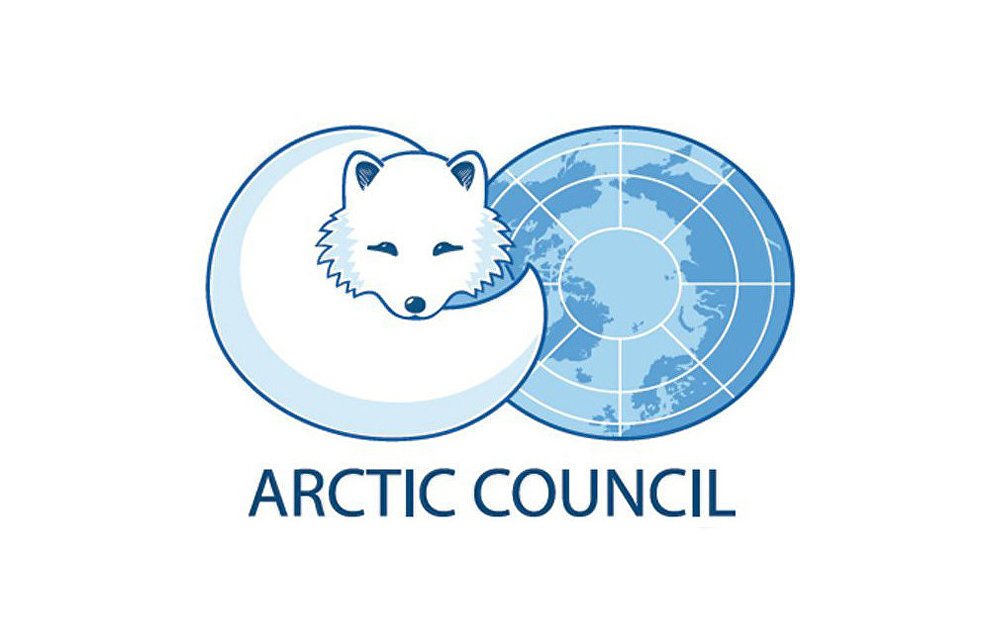Russia submits seven new projects to the Arctic Council
A videoconference meeting of the Arctic Council's Sustainable Development Working Group (SDWG) took place on June 8-9, 2020. The Russian delegation included representatives from the Russian Ministry for the Development of the Far East and Arctic.
The Russian delegation suggested seven new projects for joint implementation within the SDWG:
1. Arctic Demographic Index (AIM)
2. Digitalization of the linguistic and cultural heritage of the indigenous peoples
3. The Arctic: Territory, Environment and Culture
4. The use and demonstration of hydrogen energy in the Arctic (AHEAD)
5. Biosecurity in the Arctic
6. Sustainable financing in the Arctic
7. Gas hydrates and their role in the sustainable development and climatic transformation of the Arctic
The projects suggested by the Russian party were supported by most member states of the Arctic Council. Norway showed the most interest in them, and suggested it become co-head of the AHEAD and AIM projects. It also confirmed interest in continuing consultations on participation in the other Russian projects.
It is also noteworthy that the AHEAD project was adopted unanimously and approved for implementation within the SDWG. Moreover, the Lomonosov Northern (Arctic) Federal University has joined Canada's project to provide a healthy diet to the people in remote areas in the north.
The participants agreed to hold the next meeting in the fall of 2020 in order to adopt the other Russian projects for joint implementation within the Sustainable Development Working Group.
The meeting brought together over 100 people from the leading Arctic states, as well as organizations that are interested in the development of the Arctic. The Russian delegation also comprised representatives from the Federal Agency for Ethnic Affairs, the Ministry for the Development of the Arctic and Affairs of the Peoples of the North of the Republic of Sakha (Yakutia), Lomonosov Moscow State University, MGIMO University, National Research University-Higher School of Economics, Northern (Arctic) Federal University, Petrozavodsk State University and the Project Office for the Development of the Arctic.
